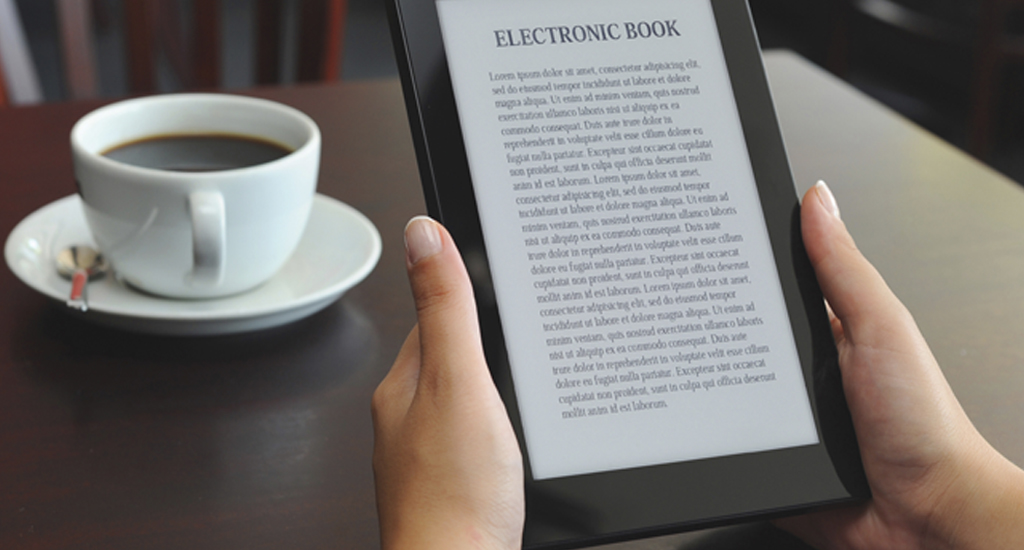An electronic book (or e-book) is a book production made available in digital shape, comprising of text, images, or both, readable on the level panel show of computers or other electronic devices. Albeit sometimes defined as “an electronic version of a printed book some e-books exist without a printed equivalent. Commercially produced and sold e-books are usually[dubious – discuss] intended to be read on dedicated e-reader devices. However, any sophisticated computer device that features a controllable viewing screen can likewise be used to read e-books, including desktop computers, PCs, tablets and smartphones.

1. Universal Access. With e-books, students have access to every book title consistently. This means students never again need to share titles or check books in and out. Besides, students have access to resources wherever they need them: all alone devices, at home, or in the classroom.
Download Accounting, MS-Office, English Speaking E-books Now
2. Guided Reading Across the Curriculum. Teachers can choose true to life titles that are related to science, math, and social studies lessons and use that content to teach key reading abilities in little gatherings. E-books are an efficient method to get a wealth of content at the correct level, for multiple gatherings, without printing or chasing down copies of books.
3. Educational Texts. There is a significantly greater emphasis on students reading true to life content than at any other time. E-books give teachers access to a large volume and wide cluster of titles to coordinate what they need
4. Student Choice. E-book series offer flexibility in the classroom. For example, in the Britannica Guides Series, there are 10 different titles, all set up in the same structure. Teachers can use the series to teach text features, vocabulary, and research abilities, while each student can read the title that they locate the most interesting.
5. Search by MARC Records. E-books provide free linked MARC records, enabling search, discovery, and access to collections from your library inventory. E-books likewise make refering to easy, giving APA and MLA references.
6. In-class Teaching Tools. E-books are great to explore with the whole class. Teachers and students can insert questions and notes, feature key sections, bookmark passages, and save everything for review. What’s more, e-books are easy to share crosswise over stages like Pinterest, Facebook, Twitter, LinkedIn, and email.

7. Partner Subscriptions. A huge number of Britannica’s true to life e-books for every age, reading level, and subject can likewise be used on any of a number of prevalent stages, including: EBSCO, Follett, GALE, MACKIN, OverDrive, and ProQuest.
8. Subsidizing Resources. Britannica Digital Learning and DonorsChoose.org have partnered to connect educators with a flourishing group of contributors that are eager to subsidize the greater part of your e-book needs.
9. Student-Tailored Options. Teachers can select e-books by GRL, Lexile level, and grade level to discover books on the same subject at multiple reading levels. What’s more, outwardly impaired readers can change the text dimension for more ease while reading.
10. They’re Great for Everyone. E-books are environmentally friendly, they are more affordable than paper-based books, and they take some of the weight off… literally! Books are so heavy!

